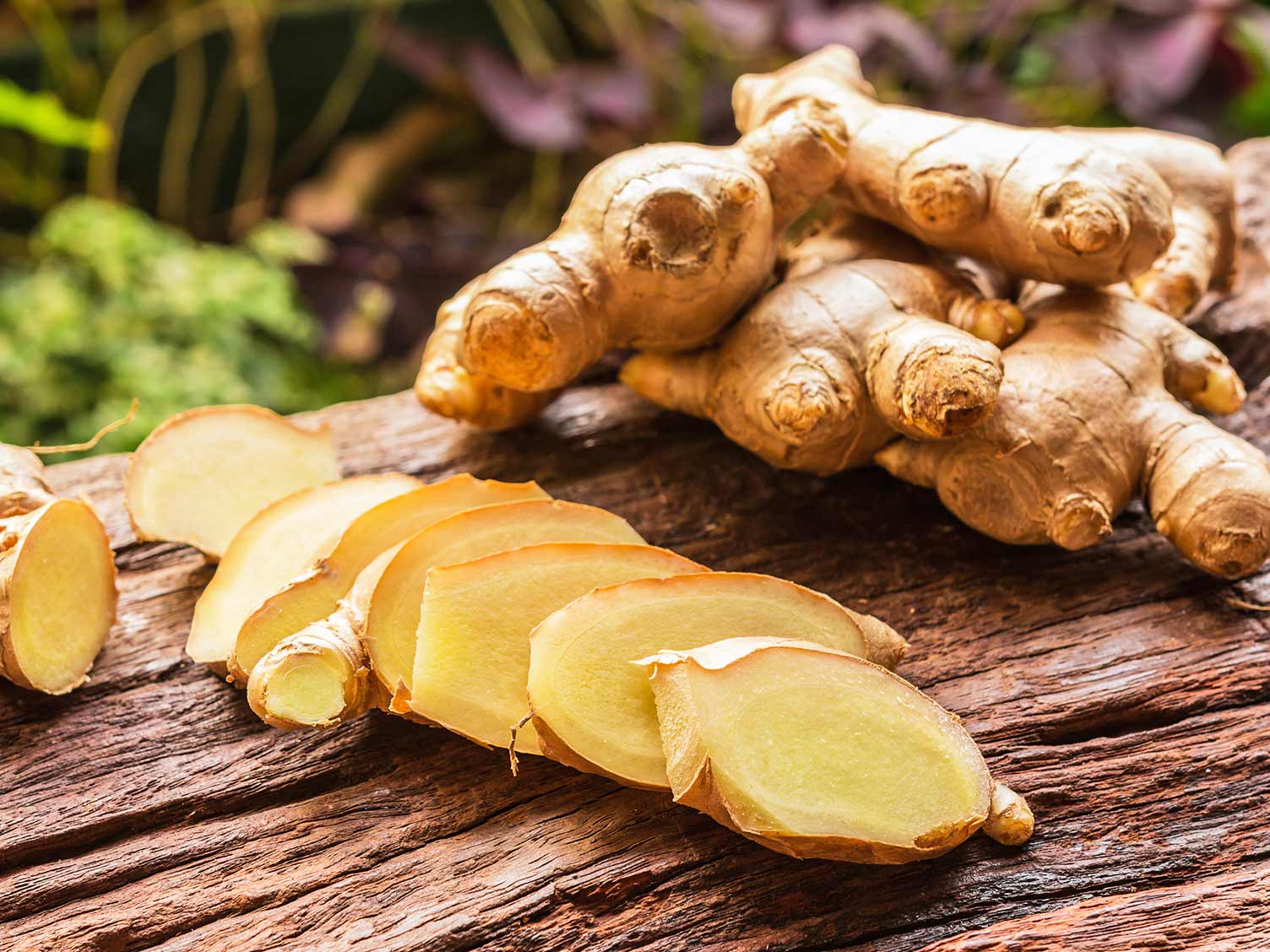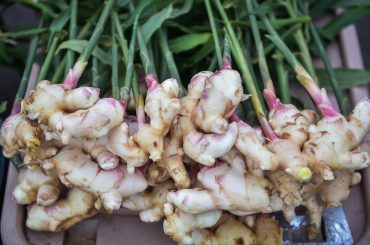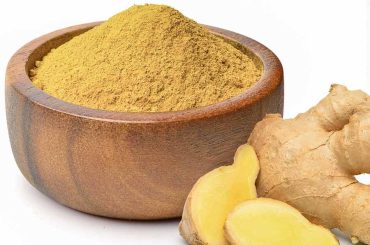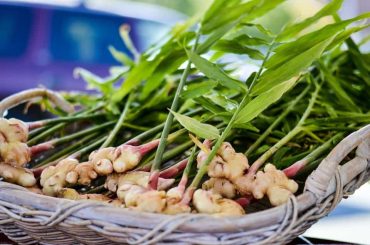Table of Contents
Scientifically termed Zingiber Officinale, ginger is a versatile ingredient that is renowned for its unique flavor and strong, beautiful fragrance. The warmth of ginger, the spicy flavor profile, and the underlying sweetness will excite your taste buds and add depth to an array of culinary dishes. There are multiple reasons that one can think of that make growing your own ginger worthwhile.
Here are 7 compelling reasons why growing ginger UK in your own house may be worth the effort.
1. Versatile Ingredient
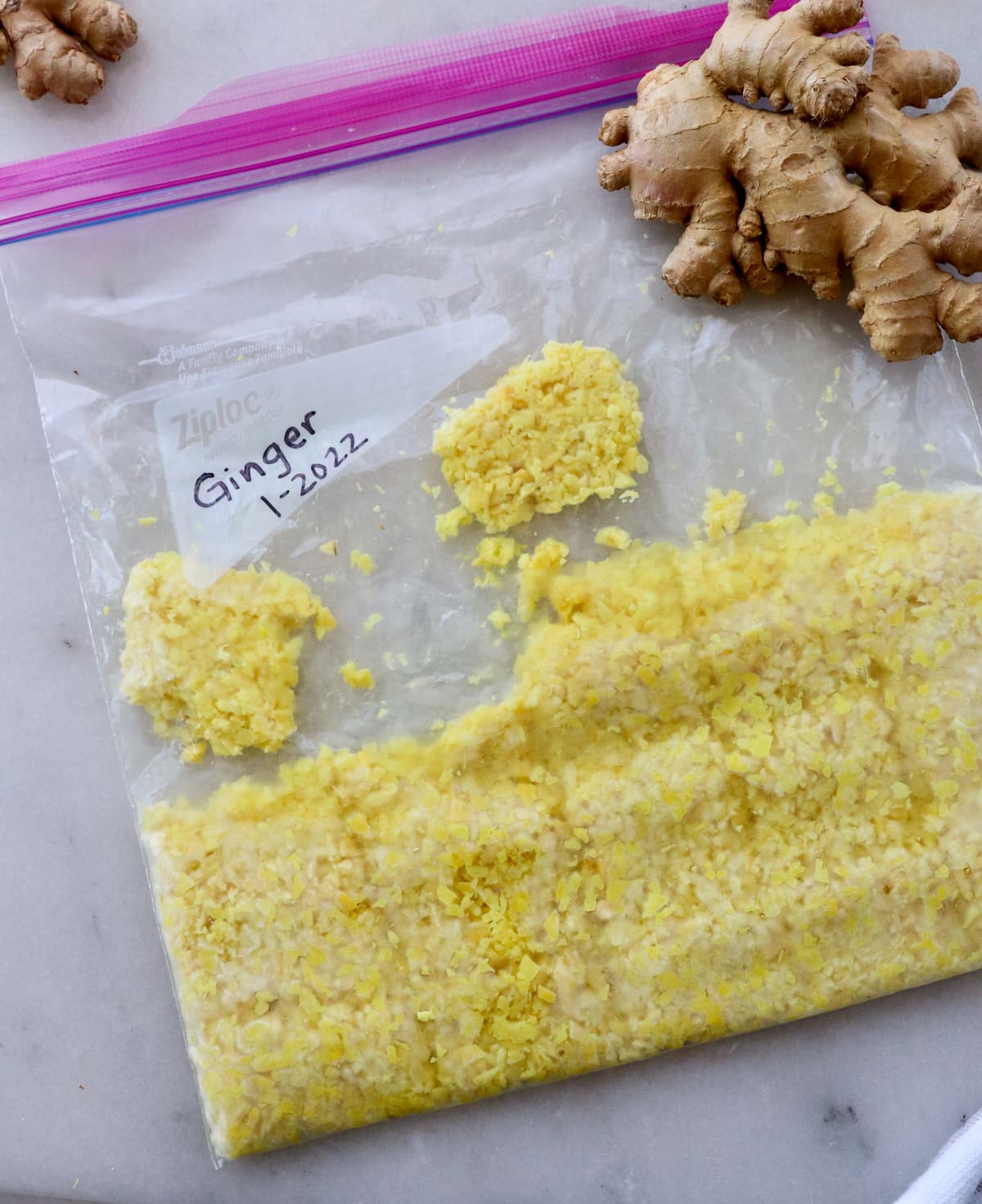
Ginger is an extremely versatile ingredient. You can grate ginger to make ginger cookies for Christmas; use the juice of the ingredient and add it to your tea; slice it and fry it to add some texture to your broth, or grate it and add it to your masala for some extra punch. You can even freeze ginger juice in ice cube trays and use it during winter.
2. Health Benefits
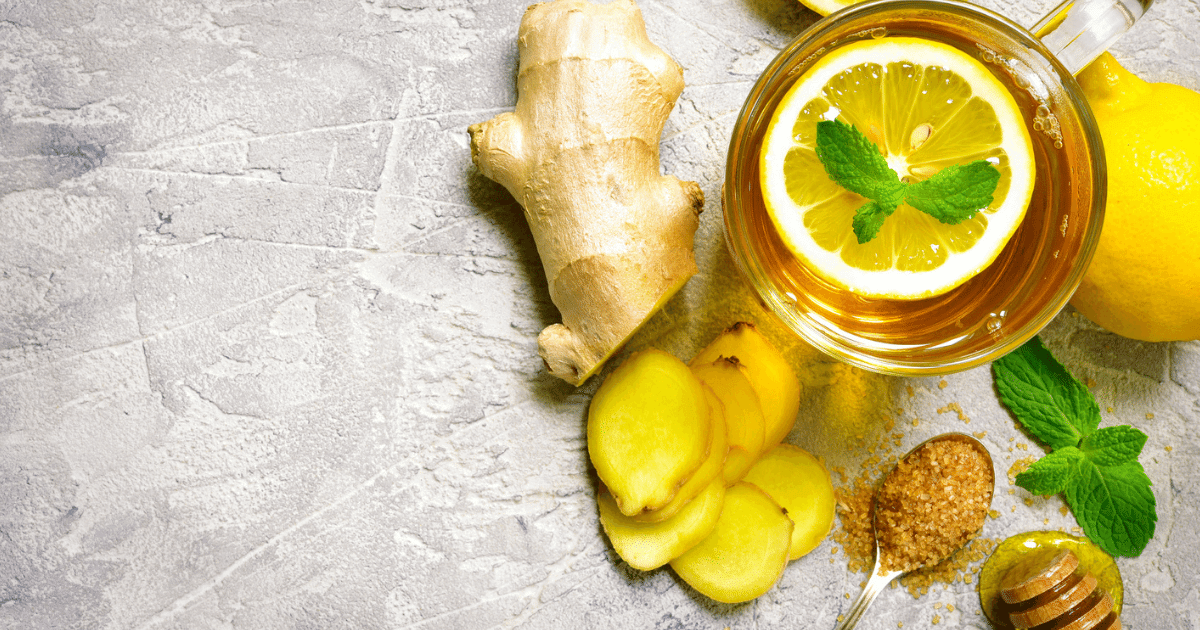
If consumed regularly, ginger can fasten your digestion process, improve your immunity, and even aid in weight loss. For women, consuming ginger during menstruation is highly recommended as it relieves pain. It is a rich source of antioxidants and has antiseptic properties. Therefore, regular consumption can improve the health of your skin.
3. Medicinal Properties
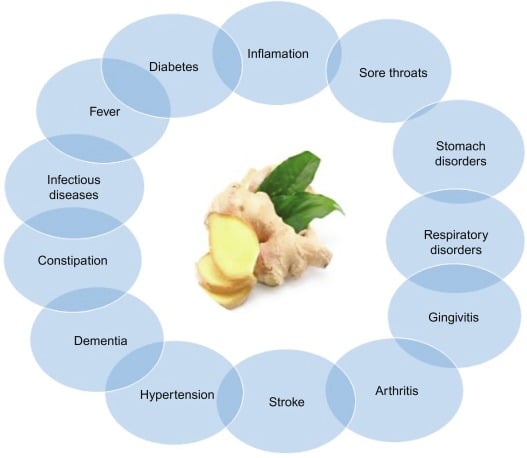
Ginger is known for curing sore throat. For instance, adding some ginger to warm honey reduces inflammation of the throat and relieves symptoms of the common cold. It has been scientifically proven that ginger cures motion sickness, relieves the person of migraines, cures morning sickness, and treats many other generic gut problems.
4. Organic and Devoid of Harmful Chemicals
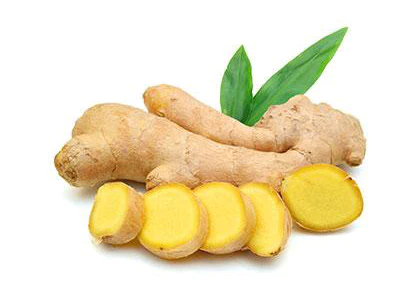
Growing your own ginger will give you control over the cultivation process. For better growth of a plant, you can use organic fertilizers or DIY fertilizers that can be made out of organic kitchen waste. You can avoid spraying synthetic pesticides and chemicals, ensuring a healthier and more natural spice for yourself and your family.
5. Gardening Experience
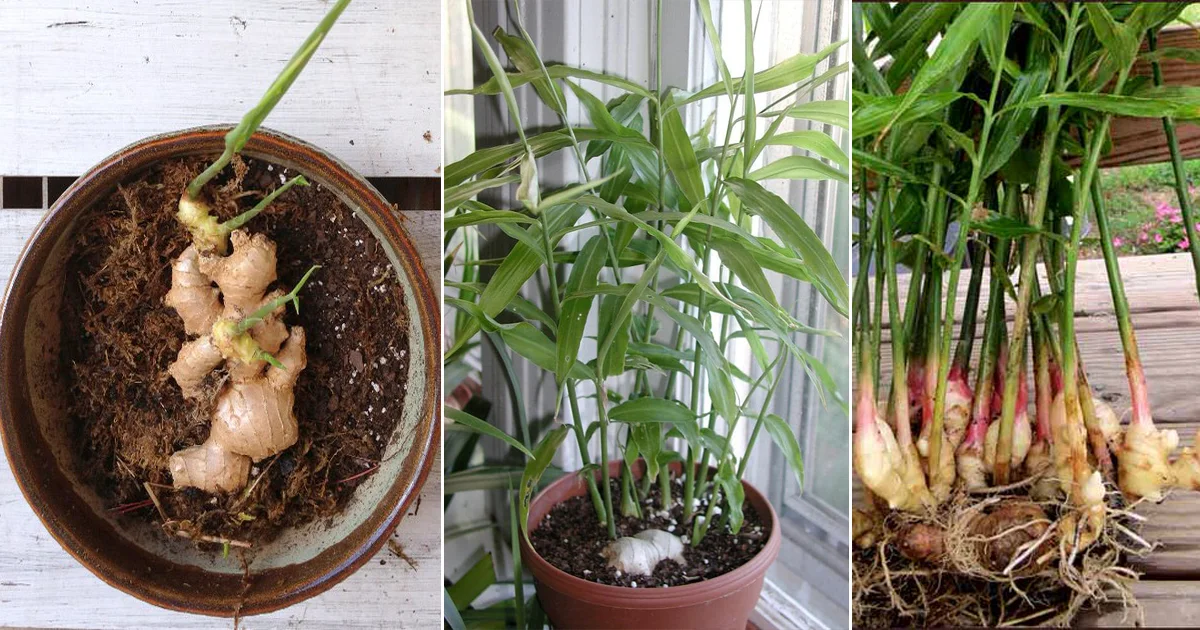
Growing your own ginger can be a unique gardening experience for beginners. The plant does not need much attention as it can grow on its own in warmer climates and indoors as well as outdoors. Right exposure to sunlight is a must. Therefore, start your gardening journey by learning how to grow this plant in pots, as it requires less maintenance than many other fruits or vegetables.
6. Pest Repellant
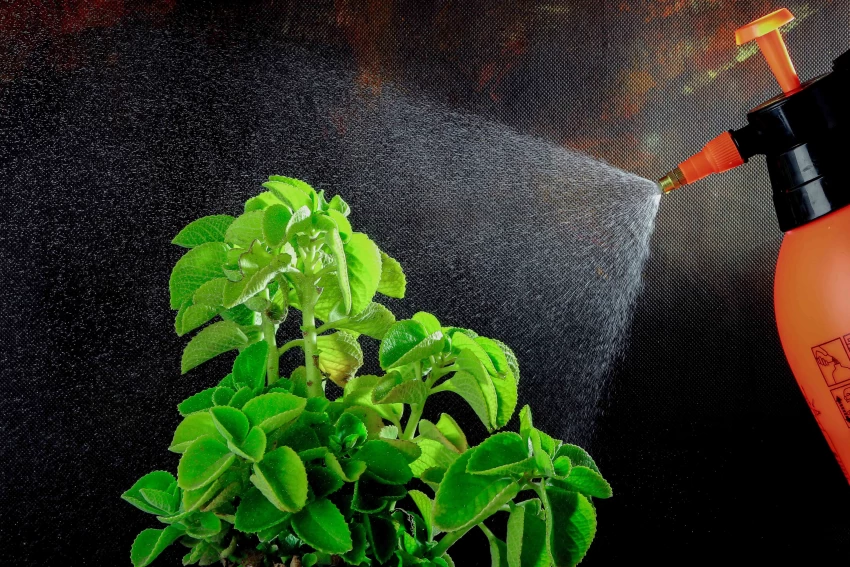
The pungent odor of ginger works as an excellent pest repellant. Growing ginger with chilies will keep the pests at bay, while the big leaves of the chili plant protect ginger from the heat of the sun. If grown with peas and beans, ginger can maintain the nitrogen levels of the soil, thus improving the general health of the soil. Growing ginger with garlic will help in repelling pests and fungal diseases, which will also enhance the aroma of ginger.
7. Natural Manure
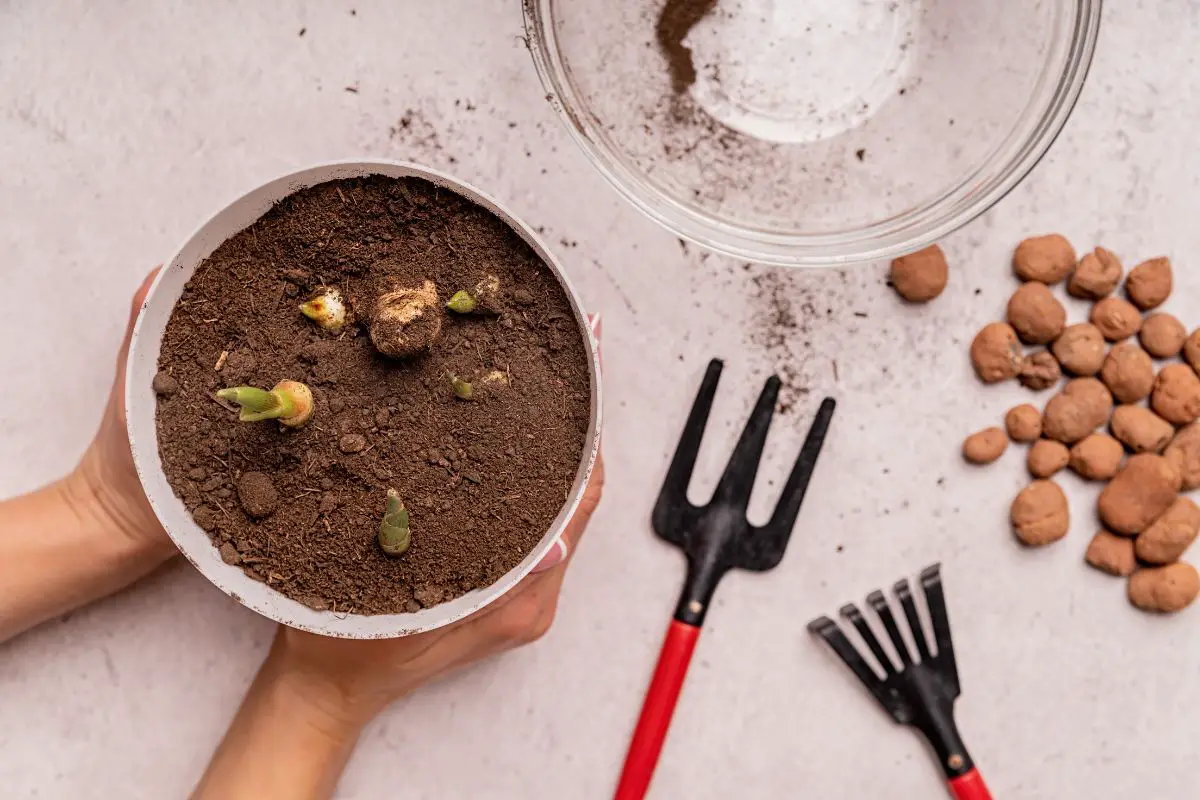
Ginger peels and garlic skin are considered effective manure for flowering plants. Ginger peels make for an excellent compost that can be later used as a fertilizer. Using fresh ginger pulp promotes healthy mycorrhizal growth, which gives a boost to your garden. To use it effectively as a fertilizer, try mulching it into the soil surrounding plants and trees.
Points to Be Considered Before Growing Ginger at Home
- Since ginger is a tropical plant, make sure that you can maintain proper temperature and humidity levels. If you live in a cold region, grow it in pots so that the plant can be placed indoors.
- Ensure that you have enough room for the plant to grow properly. It can be grown in pots and even in the ground directly. Proper spacing between two plants is a must. Therefore, make sure that there is no cramping.
- Harvest ginger properly. Since ginger is a perennial plant i.e., can be grown year after year, properly harvesting ginger is crucial to ensure a successful crop.
- Right exposure to sunlight is a must. If you leave the plant under the bright sun for an extended period of time, leaves might wither. Maintain optimum moisture levels so that the root does not rot. So, if you are growing ginger in a pot, keep shifting periodically so that it receives consistent partial sunlight.
Conclusion
Growing your own ginger can be a rewarding experience, provided the conditions are conducive to the proper growth of the plant. Home-grown ginger has unparalleled freshness, pungent flavor, and a beautiful smell that will make your food taste better than ever. This can turn out to be a worthwhile endeavor if you are someone who is willing to invest the time, effort, and patience required.
If you want to embark on this journey but are apprehensive, share your queries below, and we will offer you advice.
Frequently Asked Questions
Do Ginger Plants Prefer Sun or Shade?
Ginger plants tolerate temperatures between 70-90 degrees with high humidity and exposure to morning sunlight with afternoon shade. 2 to 5 hours of direct sunlight is ideal for proper growth.
Can One Grow Ginger in Pots?
Yes. Ginger can be grown in pots as well as in the ground. However, while growing ginger in pots, make sure that there is enough space between two plants to avoid cramping.
How Can Ginger Be Hard to Grow?
Ginger can be hard to grow in colder regions as it is not susceptible to frost. It takes 10 months for the plant to mature. Therefore, it will not survive outdoors during winter.

